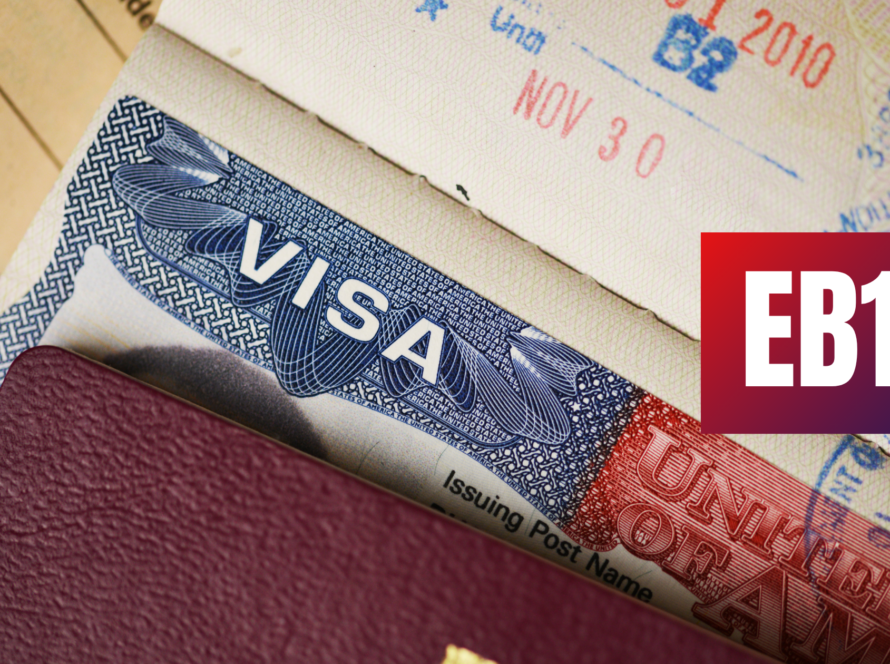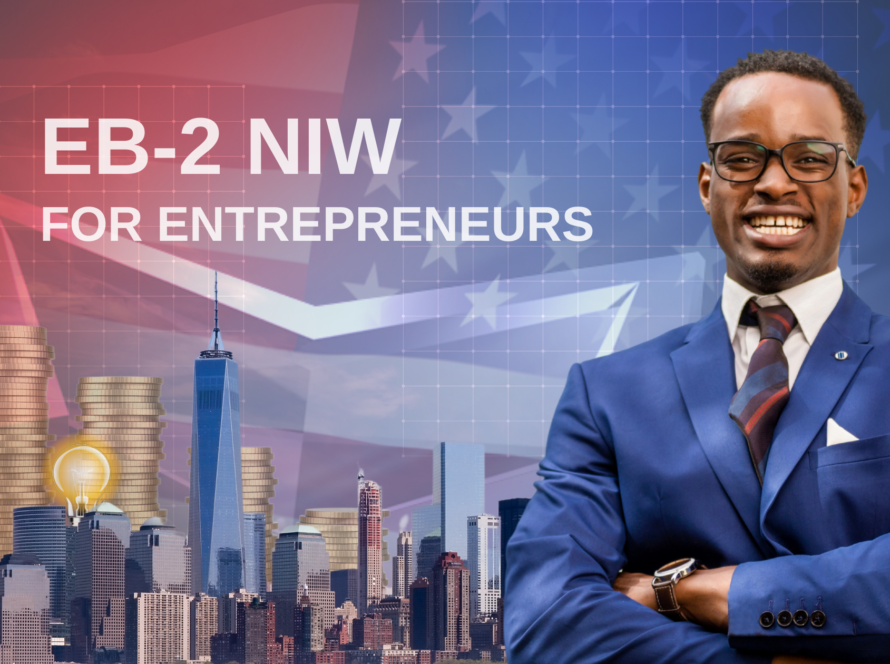
The EB1A visa is one of the most prestigious U.S. immigration options out there. It’s designed for individuals who can show extraordinary ability in their field — whether that’s science, business, arts, education, or athletics.
What makes the EB1A so appealing is that you don’t need a job offer or employer sponsorship. Instead, you need to prove, with solid documentation, that you belong to the very top percentage of professionals in your industry.
But here’s where most people get stuck: What EB1A evidence categories actually matter?
After reviewing over 200 EB1A appeal cases, a clear pattern emerges. While every petition is unique, the strongest approvals usually center around a few key categories that USCIS consistently values.
Let’s break down the 3top EB1A evidence categories — and how you can make your case stand out.
Published Scholarly Work
When it comes to EB1A evidence categories, published scholarly work is often the strongest, especially for researchers, scientists, and academics.
Why? Because USCIS views peer-reviewed publications as proof that you’re contributing new knowledge and that other experts in your field respect your work.
It’s not just about quantity. Officers will look at:
- Where your work was published (high-impact, peer-reviewed journals carry more weight).
- How often it’s been cited by others (citations show influence).
- What experts say about your work in recommendation letters.
📌 Pro Tip: Include Google Scholar or Scopus citation records, and request strong letters from respected professionals who can explain why your research matters.
If your field is research-heavy, strong publications can be one of the most convincing parts of your EB1A petition.
Judging the Work of Others
Another powerful EB1A evidence category is proving that your opinion is trusted in your field. That’s where “judging the work of others” comes in.
Examples include:
- Reviewing journal articles
- Serving on award panels
- Assessing grant proposals
This shows USCIS that you’re not just participating in your field — you’re shaping it.
To strengthen this category:
- Provide invitation letters or proof of completed reviews.
- If formal records aren’t available, ask the organization for a confirmation letter.
- Highlight exclusivity — were you invited because of your expertise, not just through open calls?
The more competitive the opportunity, the more weight it carries.
Holding a Critical Role in a Distinguished Organization
If you’re in business, tech, or entrepreneurship, this EB1A evidence category may be your best bet. But keep in mind: having a fancy title like “Manager” isn’t enough.
USCIS wants to see measurable impact. That means you need to show:
- How your role directly influenced company success (increased revenue, product launches, strategic growth, etc.).
- Documentation like media coverage, company reports, or performance reviews.
- Letters from senior executives confirming your contributions and their impact.
📌 Pro Tip: Be specific. “Increased sales by 200%” or “Led the team that developed a patented product” is far stronger than “responsible for operations.”
For professionals in leadership or innovation-heavy industries, this is one of the most persuasive EB1A evidence categories.
Other EB1A Evidence Categories
While categories like professional memberships, commercial success, or exhibitions may help, they usually aren’t strong enough on their own unless backed by other compelling documentation.
Think of them as supporting evidence rather than your main focus.
FAQ: EB1A Requirements
FAQ: EB1A Requirements
Anyone who can show extraordinary ability with sustained national or international recognition. This could include top performers in science, business, arts, education, or athletics. You must meet at least three EB1A evidence categories, or show a one-time major achievement like a prestigious award.
How difficult is it to get EB1A?
It’s tough. Meeting three EB1A requirements isn’t enough — you also need to prove that your overall work is exceptional and well-documented. Strong evidence is key.
Can I apply for EB1A on my own?
Yes! EB1A allows for self-petitioning, so you don’t need a U.S. job offer or employer sponsor. This makes it ideal for top professionals who want control over their green card process.
How long does it take to get a green card after EB1A approval?
Processing time depends on your country and case specifics, but generally, it takes a few months to a year. Since EB1A priority dates are often current, it’s one of the fastest green card options.
How long is EB1A valid for?
EB1A approval leads to a U.S. green card (permanent residency). While the green card must be renewed every 10 years, your EB1A approval itself doesn’t “expire.”
Final Thoughts
When building your petition, think strategically about which EB1A evidence categories are your strongest. Focus on quality, impact, and verifiable documentation. USCIS isn’t impressed by vague claims — they want solid proof that you’re among the best in your field.
At My Green Card Story, we’ve helped countless professionals navigate their EB1A journey. We’re experienced consultants who can guide you in organizing your evidence, understanding what USCIS values most, and presenting your story in a compelling way.
👉 Ready to get started? Book a consultation with us today and let’s build a strong EB1A case together.
For official guidelines and eligibility details, visit the USCIS website.
Let’s make Your EB2-NIW & EB1A journey a success! Stay connected with us! Follow My Green Card Story on all our socials for the latest updates, tips, and inspiring success stories. Got questions? We’re here to help!


